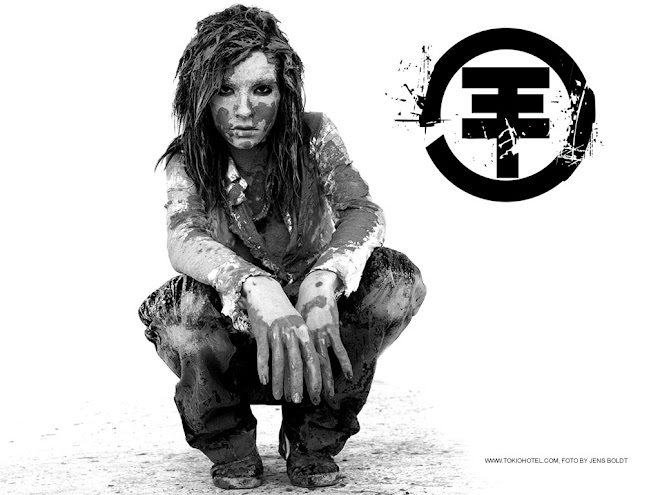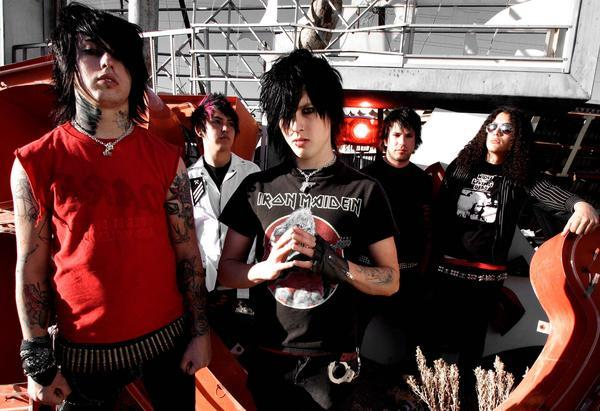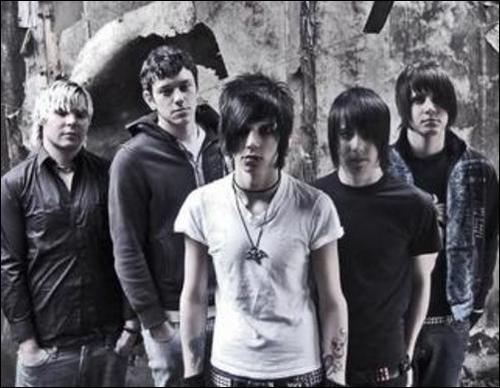Police, who were still trying to piece together details of the case, identified the woman as 42-year-old Elisabeth F.
They said she told authorities her father Josef, who had abused her since she was 11, had lured her into the basement of the block where the family lived in Amstetten in 1984, and drugged and handcuffed her before locking her up in a windowless dungeon.
It was assumed she had disappeared voluntarily when her parents received a letter from her saying they should not search for her.
Police said Josef was in custody but refused to speak about the allegations. His wife Rosemarie had been unaware of what had happened.
Elisabeth gave birth to seven children, one of whom died shortly after being born, according to police.
They said three of her younger children were each left in the house, the first accompanied by a letter saying Elisabeth was unable to care for the baby herself. All were taken in by Josef and his wife as foster or adopted children.
"She had been abused continuously during the 24-year-long imprisonment," the statement said. "This led to six children."
The two oldest children, aged 18 and 19, as well as the youngest aged 5 had been locked up with their mother since birth and had never seen sunlight or received any education, police said at a news conference on Sunday.
The case only came to light when the oldest child became seriously ill and was taken to hospital in Amstetten.
"A 19-year-old girl was dropped off at the Amstetten hospital last weekend," a police spokesman said. "The girl is seriously ill and is fighting for her life."
Doctors appealed the girl's mother, who at that time was believed to have disappeared, to come forward to provide more details about the daughter's medical history.
Josef then brought Elisabeth and her remaining two children out of the dungeon, telling his wife that their "missing" daughter had chosen to return home, police said.
After questioning and assurances that she would have no further contact with her father, Elisabeth agreed to make a "comprehensive statement,"" they added.
Rosemarie, as well as Elisabeth and her children were receiving psychological counseling.
DNA samples of all those involved were taken and would be analyzed, police added.
The case is reminiscent of that of Austrian Natascha Kampusch, who spent eight year locked up in a windowless cell before dashing to freedom in August 2006.
Crash Lands F1 Driver in Hospital
McLaren driver Heikki Kovalainen was taken to the hospital by helicopter after a high-speed crash at the Spanish Grand Prix on Sunday.
McLaren said Kovalainen complained of neck and head pain but was in stable condition.
Kovalainen's front-left tire exploded and he crashed into a wall of tires on a bend during the 22nd lap of the Formula One race.
Stewards worked for about 10 minutes to free Kovalainen, who was initially taken to the track's medical center wearing a neck brace. He gave a thumbs-up sign to spectators.
A likely wheel rim failure caused the Finnish driver's tire to explode and his car to fly into the side wall at 150 mph.
Nearly the entire front end of Kovalainen's car was missing after the crash.
Teammate Lewis Hamilton said he didn't know who had crashed until team principal Ron Dennis came on the radio.
"I was a bit terrified for whoever it was. Ron came on the radio halfway through and said (Kovalainen) was OK, slightly concussed," said Hamilton, who finished third.
Hamilton wasn't rattled, despite having experienced a similar accident at Nurburgring last year.
"If you let those things get to your mind, then you're in trouble. It never crossed my mind once," he said.
Kimi Raikkonen wound up finishing first in the Spanish Grand Prix, leading Ferrari to a third straight Formula One win.
Raikkonen, the defending world champion, captured his 17th race after starting from the pole position. Teammate Felipe Massa, who was coming off a win at Bahrain three weeks ago, came second, 3.228 seconds behind.
"We didn't have the perfect start, but it was good enough to stay in front," Raikkonen said.






















No comments:
Post a Comment